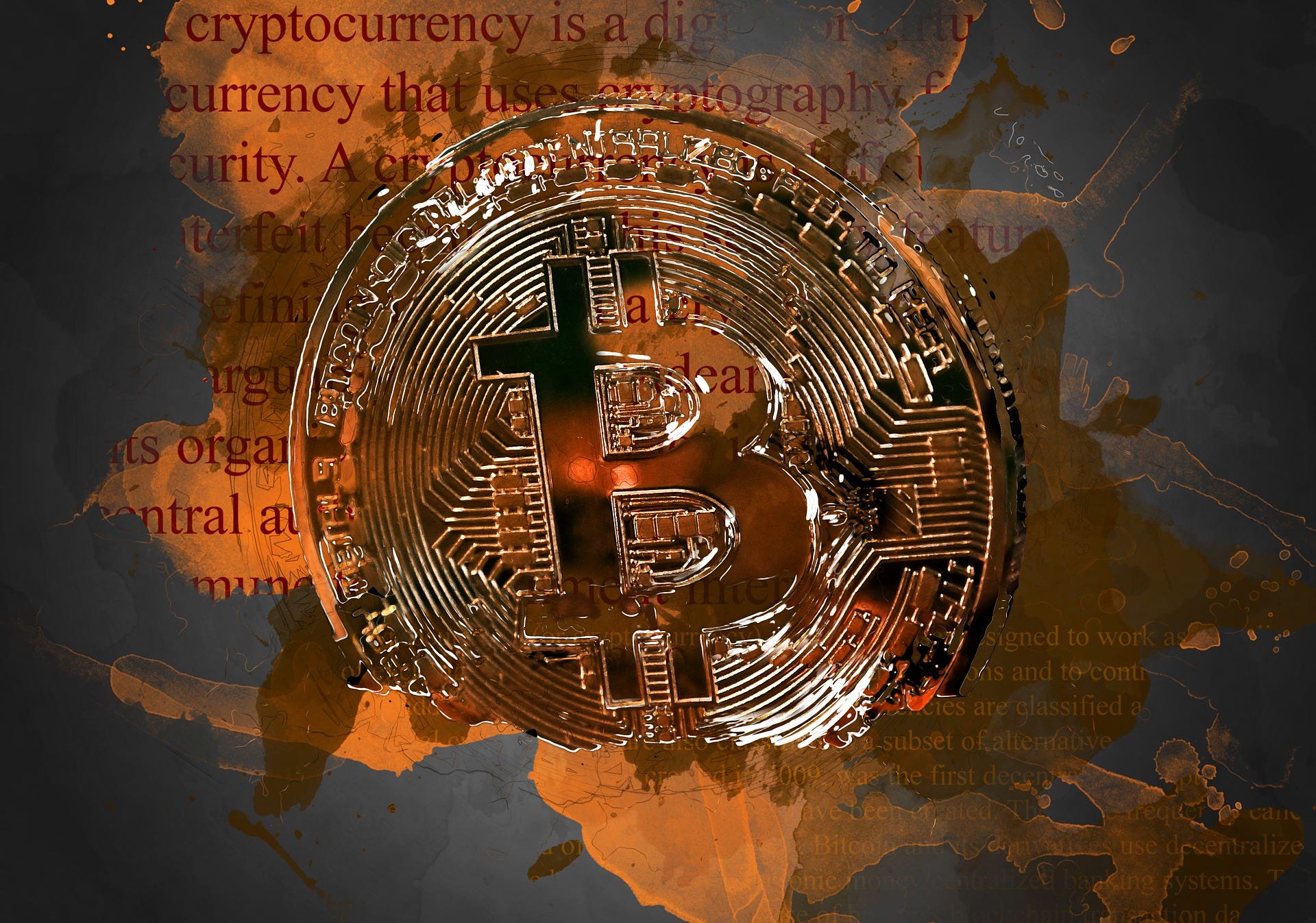Welcome to
On Feet Nation
Members
-
Creole Studios Online
-
Maxine Online
-
Denise Online
-
Helen Online
-
Frances Online
-
Sarah Morgan Online
Blog Posts
Top Content
Fedcoin? The U.s. Central Bank Is Looking Into It - Reuters
PALO ALTO, Calif. (Reuters) - The Federal Reserve is taking a look at a broad range of issues around digital payments and currencies, consisting of policy, style and legal factors to consider around potentially providing its own digital currency, Governor Lael Brainard said on Wednesday. Brainard's remarks suggest more openness to the possibility of a Fed-issued digital coin than in the past." By changing payments, digitalization has the possible to provide greater value and convenience at lower cost," Brainard stated at a conference on payments at the Stanford Graduate School of Organization.
Reserve banks internationally are debating how to handle digital finance innovation and the distributed ledger systems used by bitcoin, which guarantees near-instantaneous payment at potentially low expense. The Fed is establishing its own round-the-clock real-time payments and settlement service and is presently reviewing 200 comment letters submitted late in 2015 about the proposed service's design and scope, Brainard stated.
Less than 2 years ago Brainard told a conference in San Francisco that there is "no compelling demonstrated need" fedcoins for such a coin. However that was prior to the scope of Facebook's digital currency aspirations were extensively understood. Fed officials, including Brainard, have actually raised concerns about customer defenses and information and personal privacy hazards that might be postured by a currency that might come into use by the 3rd of the world's population that have Facebook accounts.
" We are teaming up with other reserve banks as we advance our understanding of reserve bank digital currencies," Find more info she said. With more nations looking into releasing their own digital currencies, Brainard said, that adds to "a set of factors to likewise be ensuring that we are that frontier of both research study and policy advancement." In the United States, Brainard stated, issues that need research study include whether a digital currency would make the payments system safer or simpler, and whether it could posture monetary stability risks, including the possibility of bank runs if cash can be turned "with a single swipe" into the reserve bank's digital currency.
To counter the financial damage from America's unmatched national lockdown, the Federal Reserve has taken extraordinary actions, including flooding the economy with dollars and investing straight in the economy. Most of these relocations got grudging approval even from numerous Fed doubters, as they saw this stimulus as needed and something only the Fed could do.
My new CEI report, "Government-Run Payment Systems Are Risky at Any Speed: The Case Against Fedcoin and FedNow," information the dangers of the Fed's present strategies for its FedNow real-time payment system, and propositions for main bank-issued cryptocurrency that have been called Fedcoin or the "digital dollar." In my report, I go over concerns about privacy, data security, currency control, and crowding out private-sector competition and innovation.
Advocates of FedNow and Fedcoin state the government should create a system for payments to deposit quickly, rather than encourage such systems in the economic sector by raising regulatory barriers. But as kept in mind in the paper, the economic sector is providing a relatively endless supply of payment technologies and digital currencies to fix the problemto the degree it is a problemof the time space in between when a payment is sent Go here and when it is gotten in a savings account.

And the examples of private-sector innovation in this location are lots of. The Cleaning House, a bank-held cooperative that has been routing interbank payments in various kinds for more than 150 years, has actually been clearing real-time payments given that 2017. By the end of 2018 it was covering 50 percent of the deposit base in the U.S.
© 2024 Created by PH the vintage.
Powered by
![]()
You need to be a member of On Feet Nation to add comments!
Join On Feet Nation